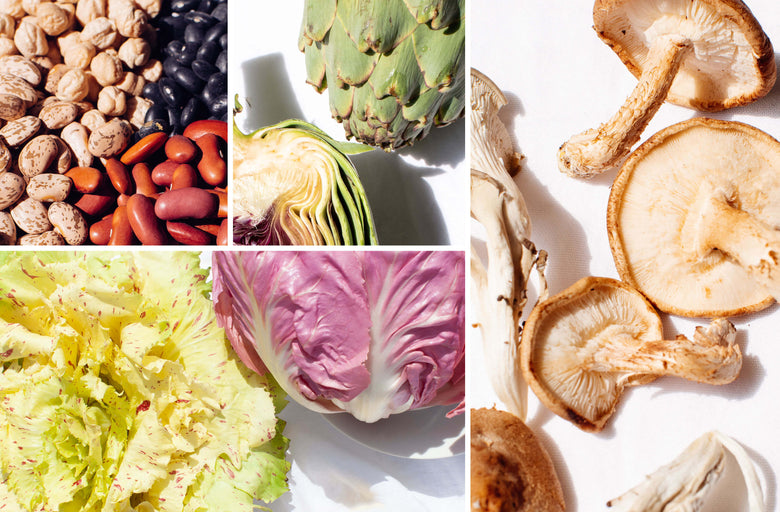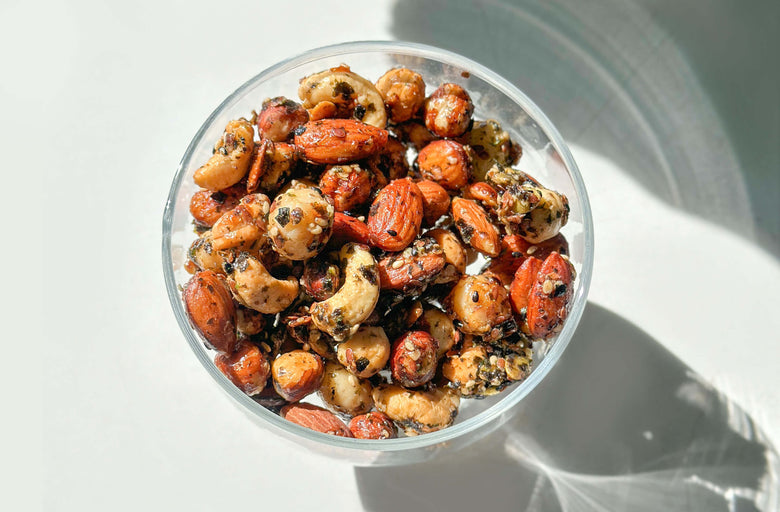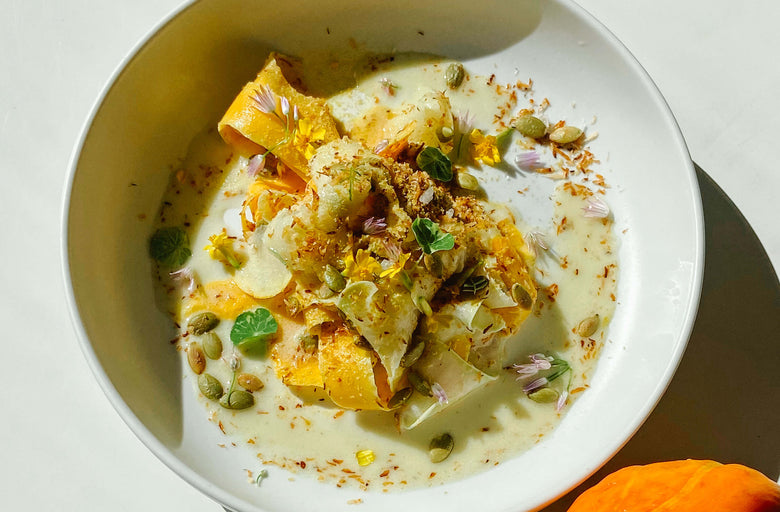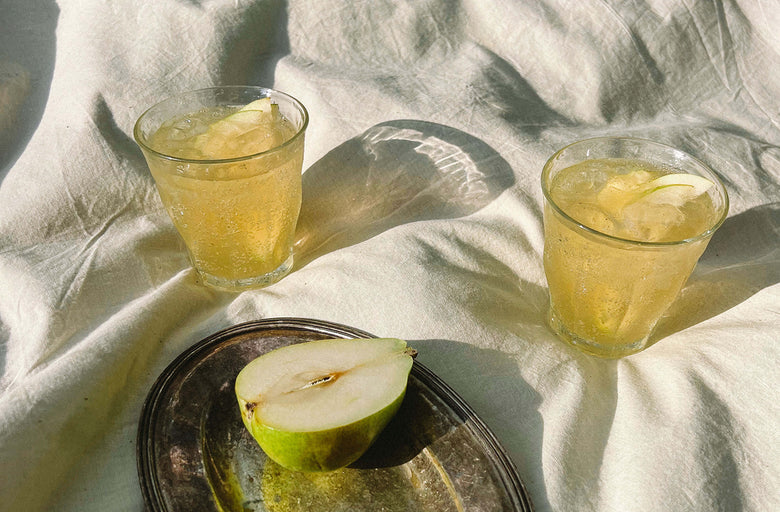And ditching any self-consciousness that impedes us from pleasure.
“We talk a lot about the gut microbiome because it has contact with the outside world through food,” says Dr. Jill Blakeway, Sakara Science Council Member, board-certified acupuncturist, herbalist, women’s health specialist, and founder of the Yinova Center. “But, your skin, your eyes, your mouth, your lungs, and the vagina also have a microbiome.”
Cultivating a healthy vaginal microbiome, feeling comfortable and confident with our reproductive health and ditching any of the self-consciousness that impedes us from pleasure, will place us on a path to fully show up for our desires.
“Women worry about their vaginas and other people's judgments of them,” says Dr. Blakeway. “[When working with patients at Yinova,] I usually start by discussing the wide range of what is considered normal because we don't necessarily talk about it.”
Per Dr. Blakeway, “normal” may consist of secretions throughout the cycle, post-period dryness, and even some color and odor. It’s when symptoms like irritation, local inflammation, and/or frequent vaginal yeast or bacterial infections occur that it’s time to troubleshoot.
We sat down with Dr. Blakeway to discuss what choices we can make to support a healthy vaginal ecosystem—starting with what’s on our plate.
Eat to Empower
A healthy vaginal microbiome is one that prevents infections, both yeast and bacterial, and has a slightly acidic pH, fluctuating between 3.5 and 4.5, with ovulation as an exception. (During this time, it becomes more alkaline, matching that of semen to support sperm.) The mild acidity that supports vaginal health is caused by good, or non-pathological, bacteria producing lactic acid.
“Food is the most subtle-yet-powerful way of correcting minor imbalances in the body,” says Dr. Blakeway. When imbalances do arise, your diet allows you to take health into your own hands, and supply your system with nutrients to help you heal and feel better.
The vaginal microbiome actually thrives off of many of the same foods and balance-based strategies that the gut microbiome does. Below, Dr. Blakeway’s grocery list for a healthy, comfortable, and blissful body:
- Foods high in natural probiotics: sauerkraut, kimchi, kefir, miso
- Anti-inflammatory, lubricating healthy fats: seeds, nuts, avocado, high-quality olive oil
- Prebiotic-rich produce: jerusalem artichokes, bananas
- Liver-friendly foods for estrogen balance: crunchy, cruciferous veggies (cabbage, cauliflower, kale)
And a few other considerations from that Blakeway swears (and lives) by include:
- Lessening sugar intake. Yeast loves sugar, so prevent overgrowth by cutting back its food supply.
- Staying hydrated. Drink plenty of water and eat it, too. Dryness and inflammation can lead to infections.
- Tapping into body intelligence. Take stock of how individual foods and nutrients make you feel. For example, if wheat or dairy is inflammatory for you, consider lessening your consumption.
Support Self-Cleaning
“Your vagina's self-cleaning,” says Dr. Blakeway. “If there's a problem, it's not because it's dirty. It's usually because it has an imbalance of the [vaginal] flora.”
If you’re prone to infection, perfumed soaps and even some clothing detergents can cause further irritation, as can tight, synthetic underwear, hanging out in sweaty clothes post-pilates (or a damp bikini post-pool), and not changing your sanitary wear frequently.
“I understand why women are tempted to douch, but it’s something I would never recommend. You rob your body of good bacteria—and [vaginal health] is all about balance. The way to get balance back is to encourage good bacteria and to keep the pathological bacteria under control,” says Dr. Blakeway.
Alongside the aforementioned assortment of nourishing foods, hydration and exercise are key—helping your body move out debris and bringing fresh blood and lymph to vital areas. Dr. Blakeway’s top tip if you’re uncomfortable with just rinsing? Use an unscented goat’s milk soap, which eases inflammation and contains lactic acids that are very good for the vaginal pH (and can double as a luxe, skin-soothing face wash).
Release Your Worries
You probably know that stress can wreak havoc on everything from sleep to skin clarity—and it can affect your vaginal microbiome health, too. “It's okay to get stressed, but what happens is that our hormones go out of whack when we stay stressed,” says Dr. Blakeway. “It affects every intelligent response your body has.”
“Your reproductive system is a really good example of that,” continues Dr. Blakeway. “It's rhythmic and synchronized and coordinated—that requires intelligence, and that intelligence requires space. Stress causes tight muscles which restrict the flow of blood and lymph and this impedes the body's ability to restore balance, causing inflammation, fluid retention, and vaginal yeast infections.”
To give your body the green light to work in your favor, find what recenters and grounds you—whether it's breathing, meditating, journaling, or joyful movement.
Finding the space, time, and energy to cultivate this balance, as well as taking in a more vibrant, varied, plant-powered diet (ie., our Signature Nutrition Program) will promote not only a thriving body, from head to toe, but also an energized mind and reinvigorated spirit.






